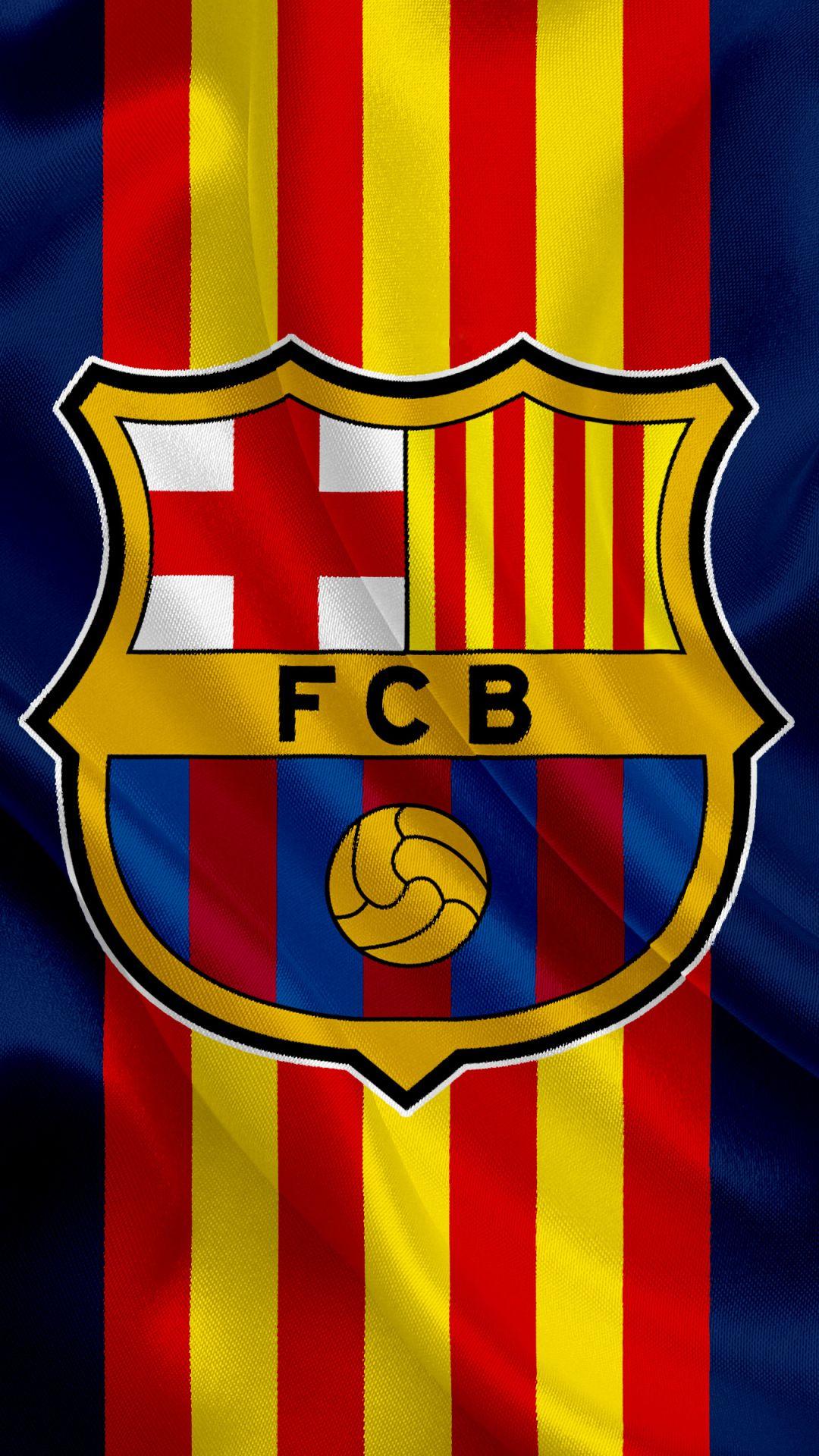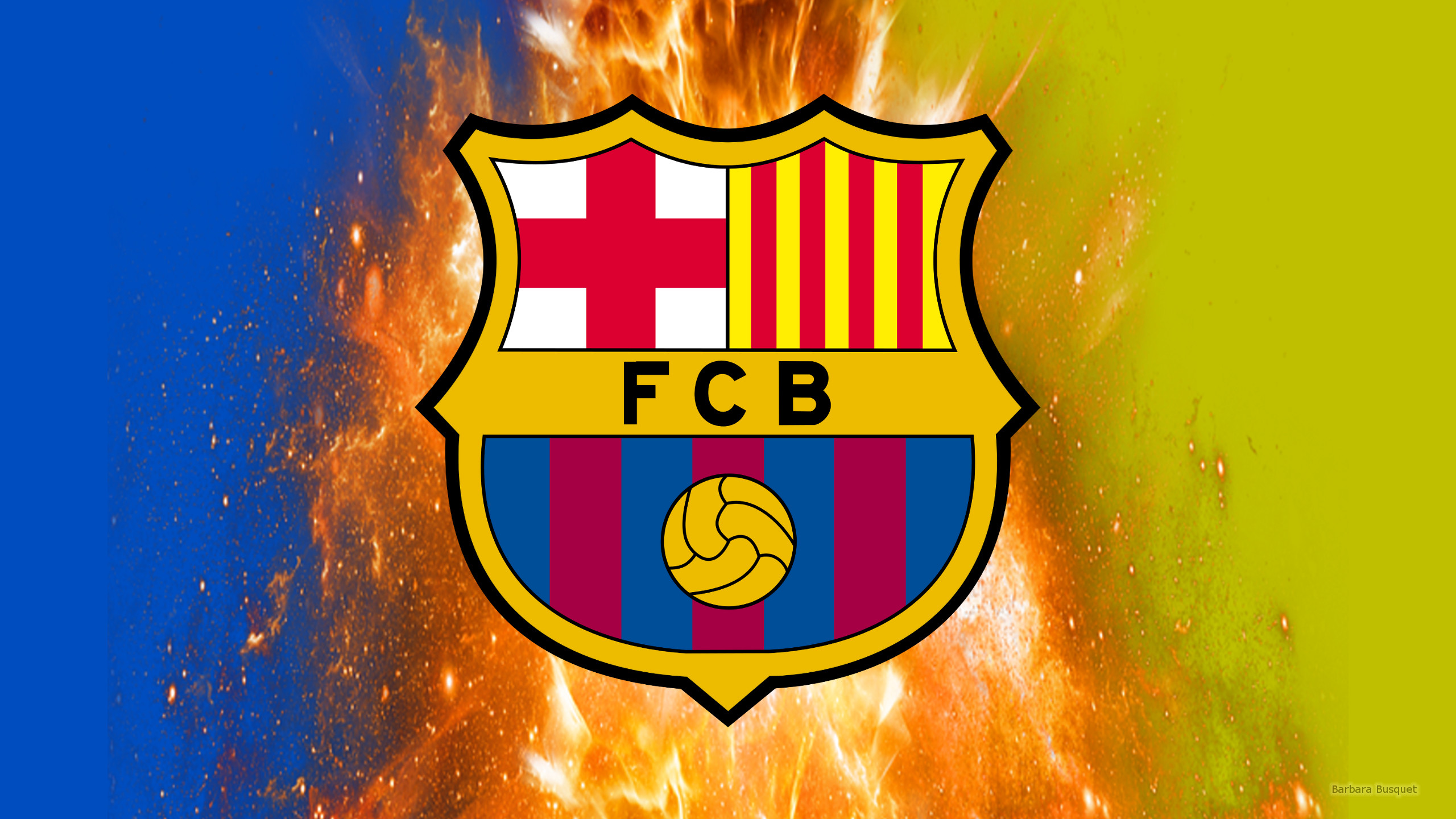FC Barcelona, commonly abbreviated as FCB, is one of the most iconic and successful football clubs in the world. With a rich history spanning over a century, the club has become a symbol of excellence, passion, and global influence. From its humble beginnings to its current status as a powerhouse in European football, FCB has consistently demonstrated its dominance both on and off the field.
Founded in 1899 by Joan Gamper, FC Barcelona has grown into a global brand that transcends the sport of football. The club's motto, "Mes que un club" (More than a club), perfectly encapsulates its cultural, social, and political significance. Beyond its sporting achievements, FCB serves as a unifying force for millions of fans worldwide, representing values such as inclusivity, diversity, and community.
This article delves deep into the history, achievements, and global impact of FC Barcelona. We will explore the club's evolution, its legendary players, iconic moments, and the factors contributing to its enduring success. Whether you're a die-hard fan or a casual observer, this comprehensive guide offers valuable insights into the world of FCB.
Read also:Caitlyn Jenner A Remarkable Journey Of Transformation And Empowerment
Table of Contents
- A Brief History of FCB
- Major Achievements and Trophies
- Legendary Players Who Shaped FCB
- The Role of La Masia Youth Academy
- Influential Managers in FCB's History
- Economic Impact and Global Brand
- The Passionate Fan Base of FCB
- Camp Nou: The Heart of FCB
- Challenges Faced by the Club
- The Future of FC Barcelona
A Brief History of FCB
FC Barcelona was founded on October 28, 1899, by Joan Gamper, a Swiss businessman and football enthusiast. Gamper's vision was to create a club that would bring together people from different backgrounds under the shared passion for football. Over the years, FCB has evolved into a symbol of Catalan identity and pride.
The club's early years were marked by participation in regional competitions, but it wasn't until the 1920s that FCB began to establish itself as a dominant force in Spanish football. The construction of the Camp Nou in 1957 marked a turning point in the club's history, providing a world-class venue for its matches and cementing its status as a major player in European football.
Key Milestones in FCB's History
- 1949: The signing of Hungarian star Ladislao Kubala, who became one of the club's first international superstars.
- 1992: FCB won its first UEFA Champions League title, defeating Sampdoria in the final.
- 2009: The club achieved the historic treble under Pep Guardiola, winning La Liga, the Copa del Rey, and the UEFA Champions League.
Major Achievements and Trophies
FC Barcelona boasts an impressive trophy cabinet, with numerous domestic and international titles to its name. As of 2023, the club has won:
- 27 La Liga titles
- 32 Copa del Rey trophies
- 5 UEFA Champions League titles
- 3 FIFA Club World Cups
- 4 UEFA Super Cups
These achievements highlight the club's consistent performance and competitiveness at the highest levels of football.
Factors Contributing to Success
The club's success can be attributed to several key factors:
- A strong emphasis on youth development through La Masia.
- Innovative tactics and playing styles under visionary managers.
- A loyal and passionate fan base that supports the club through thick and thin.
Legendary Players Who Shaped FCB
FC Barcelona has been home to some of the greatest footballers in history. These players have not only contributed to the club's success but have also left an indelible mark on the sport itself.
Read also:Cameron Richardson Rising Star In The Entertainment Industry
Top 5 Legendary Players
- Lionel Messi: Widely regarded as the greatest player of all time, Messi spent the majority of his career at FCB, winning numerous titles and breaking records.
- Johan Cruyff: The Dutch maestro revolutionized the club's playing style and philosophy during his time as both a player and manager.
- Ronaldinho: Known for his flair and creativity, Ronaldinho brought joy and excitement to FCB fans during his tenure at the club.
- Xavi Hernandez: A midfield maestro, Xavi was instrumental in FCB's dominance during the 2000s and 2010s.
- Andrés Iniesta: Renowned for his vision and technical ability, Iniesta played a pivotal role in the club's success on the international stage.
The Role of La Masia Youth Academy
La Masia, FC Barcelona's renowned youth academy, has been a key factor in the club's sustained success. Established in 1979, La Masia has produced some of the world's best footballers, including Lionel Messi, Xavi Hernandez, and Andrés Iniesta.
The academy emphasizes technical skills, tactical awareness, and a commitment to the club's values. This holistic approach ensures that players are not only skilled on the field but also embody the spirit of FCB.
Impact of La Masia on FCB
- Provides a steady stream of talented players for the first team.
- Promotes a cohesive playing style across all levels of the club.
- Strengthens the club's financial stability by reducing reliance on expensive transfers.
Influential Managers in FCB's History
FC Barcelona has been fortunate to have several visionary managers who have shaped the club's philosophy and success. These managers have not only won trophies but have also left a lasting legacy on the club's identity and playing style.
Top 3 Influential Managers
- Johan Cruyff: As a manager, Cruyff introduced the concept of "total football" to FCB, emphasizing possession, passing, and fluid movement.
- Pep Guardiola: Under Guardiola's leadership, FCB achieved unprecedented success, winning 14 trophies in just four years.
- Ernesto Valverde: Known for his tactical flexibility, Valverde guided the club through a challenging period while maintaining its competitive edge.
Economic Impact and Global Brand
FC Barcelona is one of the most valuable sports clubs in the world, with a brand value estimated at over €1.2 billion. The club's economic impact extends beyond its football operations, contributing significantly to the local economy and global football industry.
Revenue streams for FCB include:
- Matchday revenue from ticket sales and hospitality.
- Merchandising and licensing agreements.
- TV rights and sponsorship deals.
According to a report by Deloitte, FCB's financial performance consistently ranks among the top clubs globally, reflecting its strong commercial strategy and global appeal.
The Passionate Fan Base of FCB
FC Barcelona boasts one of the largest and most passionate fan bases in the world. The club's supporters, known as "culés," are renowned for their loyalty and dedication to the team.
Fans play a crucial role in creating an electric atmosphere at Camp Nou, often described as one of the most intimidating stadiums for opposing teams. The club's global reach is evident in the numerous official supporters' clubs spread across the world, with members from diverse backgrounds united by their love for FCB.
Engagement with Fans
FC Barcelona actively engages with its fans through various platforms, including:
- Social media channels.
- Official club magazine and website.
- Fan events and activities organized by the club.
Camp Nou: The Heart of FCB
Camp Nou, FC Barcelona's home stadium, is the largest football stadium in Europe, with a seating capacity of over 99,000. Opened in 1957, the stadium has witnessed countless iconic moments in the club's history.
Plans are currently underway to renovate Camp Nou as part of the Espai Barça project, which aims to modernize the stadium and enhance the matchday experience for fans. The project includes the construction of new facilities, improved accessibility, and state-of-the-art technology to ensure Camp Nou remains a world-class venue.
Challenges Faced by the Club
Despite its success, FC Barcelona has faced numerous challenges over the years. Financial difficulties, managerial changes, and fierce competition from rival clubs have all tested the club's resilience and adaptability.
Recent challenges include:
- Financial restructuring following the pandemic.
- Managing the departure of key players such as Lionel Messi.
- Navigating the complexities of modern football's transfer market.
However, FCB's history of overcoming adversity suggests that the club will continue to thrive in the face of these challenges.
The Future of FC Barcelona
Looking ahead, FC Barcelona remains committed to maintaining its position as one of the world's leading football clubs. The club's strategic focus includes:
- Continuing investment in youth development through La Masia.
- Strengthening its global brand and expanding its commercial operations.
- Adopting innovative technologies to enhance the fan experience.
With a rich history, a passionate fan base, and a commitment to excellence, FC Barcelona is well-positioned to achieve further success in the years to come.
Kesimpulan
FC Barcelona, or FCB, stands as a testament to the power of passion, dedication, and innovation in the world of football. From its humble beginnings to its current status as a global brand, the club has consistently demonstrated its ability to adapt and thrive in an ever-changing sporting landscape.
In conclusion, FCB's success can be attributed to its strong values, visionary leadership, and unwavering support from its fans. As the club looks to the future, it remains committed to upholding its legacy while embracing new opportunities for growth and development.
We invite you to share your thoughts and experiences as an FCB fan in the comments below. Don't forget to explore other articles on our site for more insights into the world of football!


